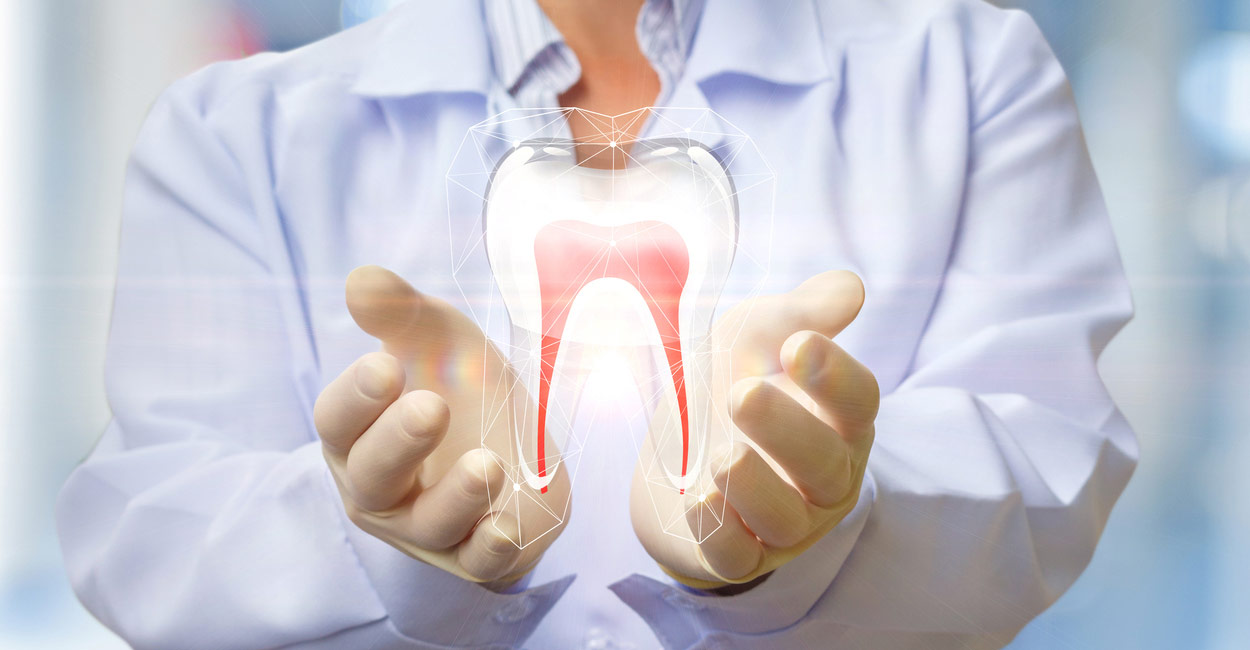Oral Health and Heart Disease: Connections and Research
 We all know that plaque buildup can cause serious problems for our oral health and dental hygiene. But did you know that plaque and other dental ailments can lead to plaque buildup in the heart too? That’s right, if you let your dental health go unchecked you can wind up with major overall health problems too.
We all know that plaque buildup can cause serious problems for our oral health and dental hygiene. But did you know that plaque and other dental ailments can lead to plaque buildup in the heart too? That’s right, if you let your dental health go unchecked you can wind up with major overall health problems too.
In recent years, the link between oral health and general health has been clearly established. A mounting body of scientific evidence suggests that the association between the two are closer than we once thought. According to some, the connection between the two are inextricably linked.
Do you want to understand the connection between oral health and cardiovascular disease? In this article, our experts uncover everything there is to know about the association between oral health, oral plaque, gum disease, and heart disease. Who knows, after reading this article you might start brushing your teeth as a form of cardio.
How They’re Linked
If you want to find out how oral health and heart disease are linked, you need to examine the issue from multiple angles. This is because there are several plausible connections, each of which is interlinked. For instance, inflammation is a common factor that unites the two. If the heart is inflamed, one is more likely to also to develop oral inflammation and vice versa.
A recent meta-analysis of the scientific research on the subject found compelling evidence that supports the link between oral and cardiac health. Specifically, the analysis looked at the connection between gum disease and heart disease. The conclusions indicated that gum disease is a strong indicator of coronary artery disease.
Furthermore, the same study looked at whether gum disease put patients at a higher risk of arterial damage around the heart and brain. They concluded that gum disease was indeed an “important risk factor.” It was also found to be a risk factor for stroke and clogged arteries in the body’s extremities.
Connections Between the Mouth and Body
There are strong connections between the mouth and the rest of the body. One of the greatest conduits of this link is bacteria, which are microorganisms that have the power to enter the bloodstream via the mouth or stomach and spread to other parts of the body, including the heart.
Oral problems, such as gum disease and excess plaque can be a breeding ground for bacteria. Once your mouth is compromised, bacteria can easily spread to other parts of the body and potentially wreak havoc on your heart health. In fact, scientific research summarized by the Ontario Dental Hygiene Association has found that diseased gums leads to artery plaque.
In fact, the report cited above mentions how a nationwide study of Canadians found that adults with severe gum disease were up to seven times more likely to develop fatal coronary heart disease. Those with cavities and gum disease were also more likely to suffer from a stroke.
How to Keep Your Heart Healthy

Brushing and Flossing
One of the best ways to protect your oral and heart health is to regularly clean your mouth and rid it of potentially harmful bacteria. To do this, make sure you brush your teeth no less than twice a day with fluoridated toothpaste and a clean, soft-bristled toothbrush.
On top of that, you will also want to ensure that you floss your teeth and gums every day to clear away food debris and other gunk. While you’re at it, make sure you give your tongue a thorough clean with your toothbrush to keep your mouth free of excess bacteria.
Conducting Self-Examinations
Regularly give yourself self-examinations for oral cancer and general chronic illnesses. You can do this by inspecting your gums and mouth in a mirror and taking note of any changes that arise. Be mindful of any inflammation or discoloration in the mouth or jaw. Speak to your dentist if you notice any lasting changes.
Healthy Lifestyle
Lastly, a healthy lifestyle can help safeguard your heart and oral health. It is important to wear sunscreen with a high SPF rating to protect your lips and oral skin from sun damage. As well, eat a balanced and nutritious diet and never smoke or use tobacco products. This includes tobacco alternatives such as e-cigarettes and vapor-based products.
The Latest Research
According to a groundbreaking 2018 research study published in the European Journal of Preventive Cardiology, there is a strong and enduring link between poor oral health and an increased risk of coronary heart disease. In particular, cigarette smoking was seen as a major contributing factor that linked the two.
The paper was based on the Korean Cancer Prevention Study, which included over 975,000 Korean adults. Those who had lost a tooth, which is a major indicator of poor oral hygiene, were several times more likely to develop coronary heart disease after 21 years. However, cigarette smoking was an intervening variable that may have skewed the results.
The Conclusions
Based on the latest research available, there is certainly a strong link between oral health and heart disease. If left uncared for, poor oral hygiene can lead to serious long-term heart problems. If you are concerned about heart disease and would like to prevent it, make sure you practice healthy lifestyle habits and ensure proper maintenance of your oral and dental health.
While there is no direct one-to-one relationship between a healthy mouth and a healthy heart, it is imperative that anyone interested in maintaining proper heart health also take good care of their mouth. Simply by reducing the prominence of harmful bacteria and inflammation via good oral hygiene habits, one can drastically lower their risk of developing chronic heart disease.
